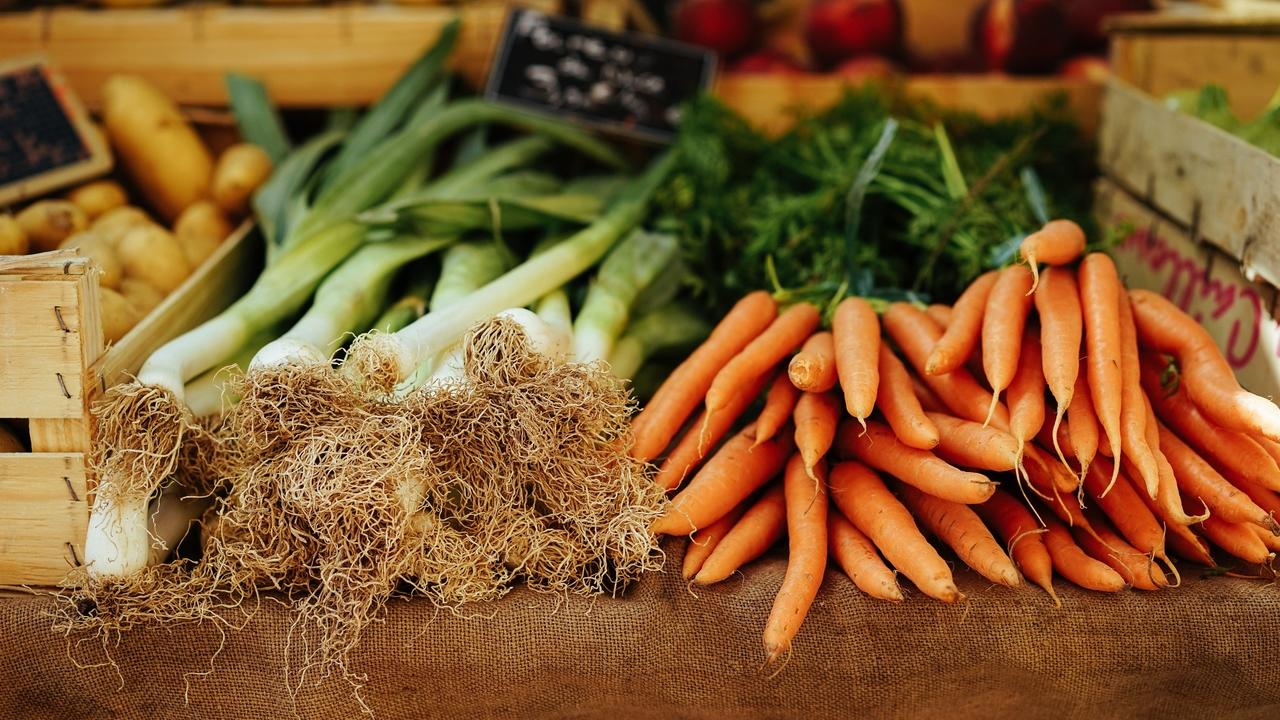A Change in Taste
Jun 17, 2020
Over the last six months, I’ve taken some fairly drastic steps related to my eating and exercise. Mainly, I’ve cut out a lot of my usual high sugar and high carbohydrate preferences. It was quite hard at first. My cravings would arise and I would feel a compulsion to eat my usual snacks.
Over time, though, I actually found that my tastes changed. What had tasted boring to me in the past now had a fresh appeal to me. The sweetness of a carrot surprised me. The crisp freshness of a simple salad delighted me. It made me think of a line in the longest of all the Psalms:
How sweet are your words to my taste,
sweeter than honey to my mouth!
Psalm 119:103
Sometimes, when I’ve read this line, I’ve felt the truth of it in my experience. At other times, it hasn’t tasted as sweet to read about judgment or suffering or some other hard topic the Scriptures talk about.
I’m tempted to think, “Well, maybe in some theoretical or optimal perspective, I should believe that what God says is sweeter than the taste of honey when I eat it.” I’m tempted to believe, though, that my favorite foods are actually sweeter (or tastier) than what God says to me.
But that’s not how Jesus feels about what his Father says. After fasting for 40 days (which says he’s very hungry at this point physically), he’s tempted with simple bread and, at that very moment, says, “Actually, what truly nourishes and satisfies me is what I hear from my Father.” (This is an obvious paraphrase, but I believe this is in keeping with the spirit of his words). He prefers the sweetness of conversation with his Father.
Once, when the disciples go into town to do some food shopping (John 4:8), they return and find Jesus talking with the woman at the well (John 4:27). When that conversation concluded, the disciples urged him to eat some of the food they had brought back.
Though undoubtedly hungry in body (which they suspected), Jesus answers, “I have food to eat that you know nothing about (v. 32).” They make the mistake of thinking someone else must have brought him some food, but Jesus was saying something very much like what he experienced in the wilderness when his ministry began: What most nourishes him is communion with the Father—hearing his voice, seeing his face, doing his will.
Jesus is describing reality, not just morality. He is trying to help his followers realize that though they need physical food for their physical needs of energy, they much more need the nourishment of soul that comes from communion with his Father. They haven’t learned that yet. They are still learning how sweet it is to enjoy God.
Have I? The way I have eaten and the amount I have eaten in the past says that I am still learning, too. I have too often assumed that my reality is eating whatever I want, whenever I want, is the answer to my deep needs for comfort, joy, or delight—for life. But food can’t give me any of these things in any real or lasting way.
Only God can give these things to me. The language of Jesus in his upper room prayer speaks to me: “Now this is eternal life: that they know you, the only true God, and Jesus Christ, whom you have sent (Jn 17:3).” Real life, lasting life, true life comes in relational knowledge of God through his son, Jesus the Christ. This is life. It’s not just a spirituality or a morality. It’s a reality.
For Reflection:
- What has been your experience of Scripture lately? Does it taste sweet to you? Have you had experiences of Scripture, and how others have talked about it, that tasted sour instead? Talk with Jesus about his perspective and how you might learn from him.
Photo by Peter Wendt on Unsplash


